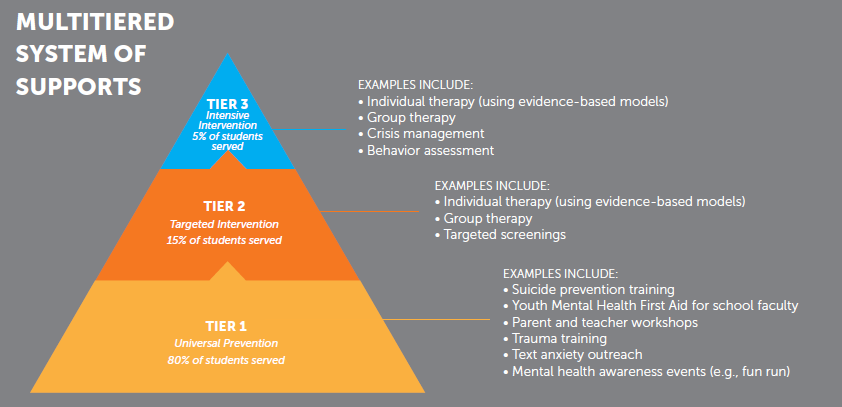
Caption
Even before the COVID-19 pandemic, growing stresses for kids led the Georgia Department of Behavioral Health and Developmental Disabilities to create a program to connect community mental health providers with K-12 students in schools.
Credit: Yaroslav Shuraev / Pexels


